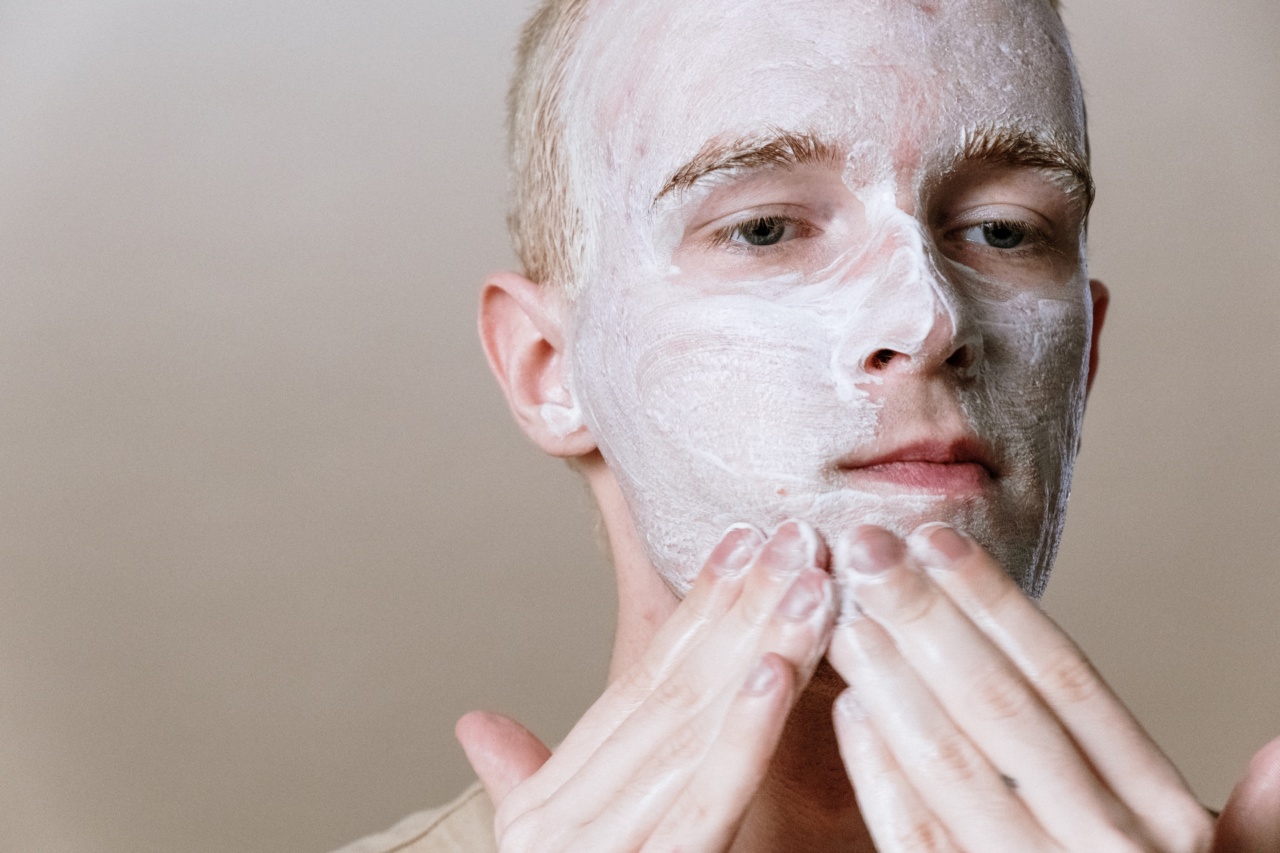Acne is a common skin condition that affects millions of people worldwide. While there are various treatments available to manage acne, making dietary changes can also play a significant role in reducing its occurrence and severity.
This article will explore the impact of diet on acne and provide valuable insights into the types of foods that can help eliminate this pesky skin concern.
The Link Between Diet and Acne
Multiple studies have suggested a strong correlation between diet and acne. Certain foods, particularly those high in sugar, refined carbohydrates, and unhealthy fats, have been associated with increased acne development.
These foods can stimulate the production of hormones and inflammation in the body, leading to the clogging of hair follicles and the formation of acne.
Anti-Acne Foods
1. Omega-3 Fatty Acids:.
Omega-3 fatty acids possess anti-inflammatory properties and can help reduce acne. Foods rich in omega-3s include fatty fish (salmon, sardines), chia seeds, and walnuts.
2. Antioxidant-rich Foods:.
Antioxidants help combat inflammation and protect the skin from damage caused by free radicals. Incorporating fruits like berries, oranges, and vegetables like spinach and kale can provide an abundance of antioxidants.
3. Probiotic Foods:.
Probiotics promote a healthy gut microbiome, which can positively impact skin health. Foods like yogurt, kefir, sauerkraut, and kimchi are great sources of probiotics.
4. Zinc-rich Foods:.
Zinc plays a crucial role in reducing inflammation and promoting wound healing. Foods such as oysters, beef, pumpkin seeds, and chickpeas are excellent sources of zinc.
5. Foods with Low Glycemic Index:.
High-glycemic foods trigger an insulin release, leading to increased sebum production and acne. Opt for low-glycemic foods like whole grains, lentils, and most vegetables.
Acne Aggravating Foods to Avoid
1. Sugar and Sweets:.
Consuming high amounts of sugar can cause spikes in insulin levels, leading to increased acne breakouts. Avoid candies, sodas, and sugar-loaded desserts.
2. Dairy Products:.
Dairy contains hormones and growth factors that stimulate oil glands and contribute to acne development. Limit milk, cheese, and other dairy product consumption.
3. Processed Foods:.
Processed foods often contain unhealthy fats, added sugars, and artificial ingredients that can worsen acne. Opt for whole, unprocessed foods whenever possible.
4. High-Fat Foods:.
Foods high in unhealthy saturated and trans fats can promote inflammation and exacerbate acne. Limit consumption of fried foods, fast food, and fatty meats.
5. Excessive Caffeine:.
While moderate caffeine intake is generally fine, excessive caffeine consumption can stimulate the adrenal glands, leading to increased stress hormones and potential acne flare-ups. Be mindful of your coffee, tea, and energy drink consumption.
The Role of Hydration
Staying hydrated is essential for overall health, including skin health. Drinking an adequate amount of water helps flush out toxins from the body, keeping the skin clear and hydrated.
Aim to drink at least 8 glasses of water per day, and more if you engage in strenuous physical activity or live in a hot climate.
Conclusion
Your diet plays a crucial role in maintaining healthy skin and combating acne.
By incorporating foods rich in omega-3 fatty acids, antioxidants, probiotics, and zinc, and by avoiding acne-aggravating foods like sugar, dairy, and processed items, you can significantly reduce the occurrence and severity of acne breakouts. Remember to stay hydrated and maintain a balanced diet to enjoy clearer, healthier skin.





























